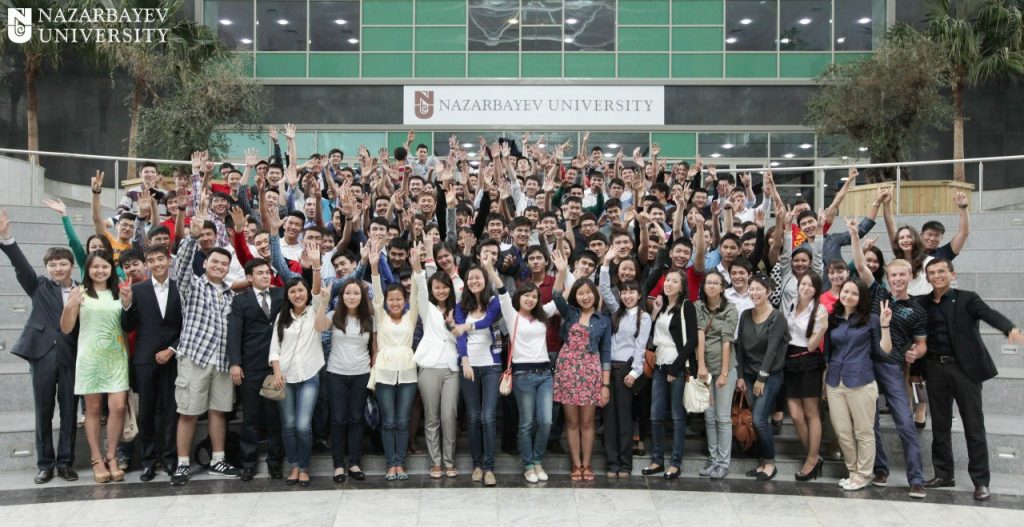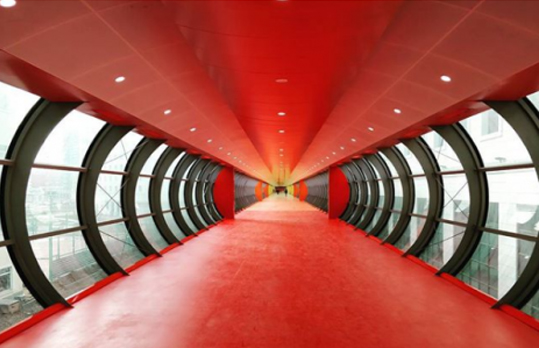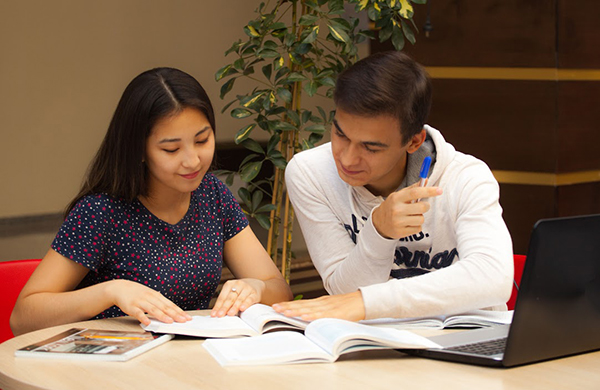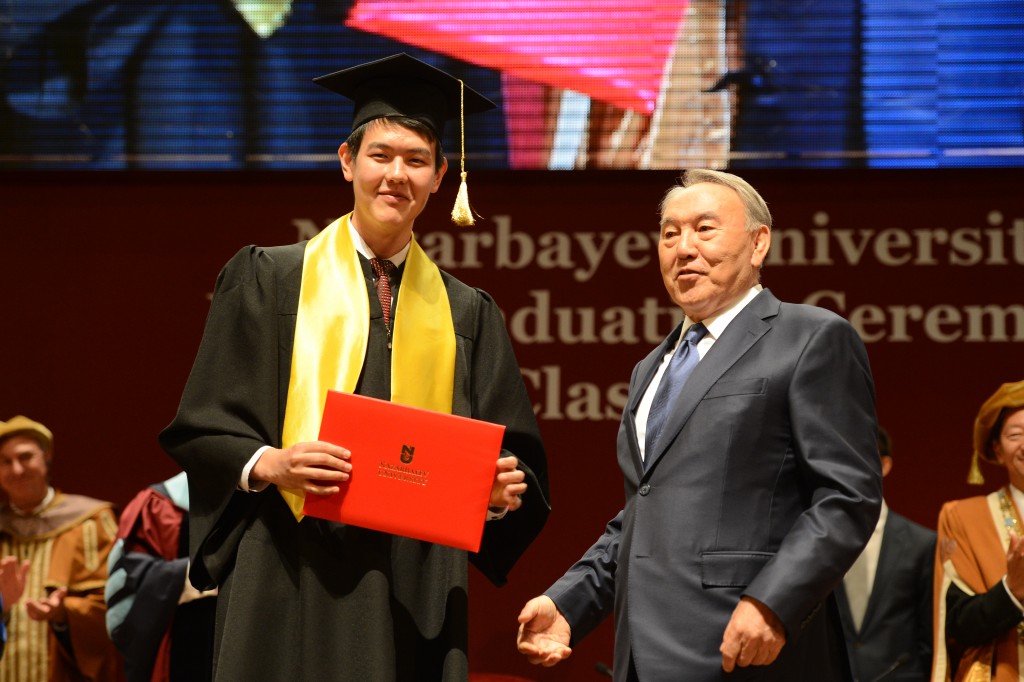



About us
The School of Engineering and Digital Sciences provides a student-centered holistic approach to educating engineers who will be future leaders of Kazakhstani industry sectors. The life of an engineering student is filled with exciting activities. Besides lectures, tutorials, laboratories, and traditional coursework, at NU School of Engineering, there are many project-based assignments, competitions, exhibitions, workshops, industry visits and organized problem-solving discussions that will enable our students not only to “think outside the box”, but also to gain valuable experience. In addition to the learning process, our students take part in international scientific and social projects, in sports and other activities.
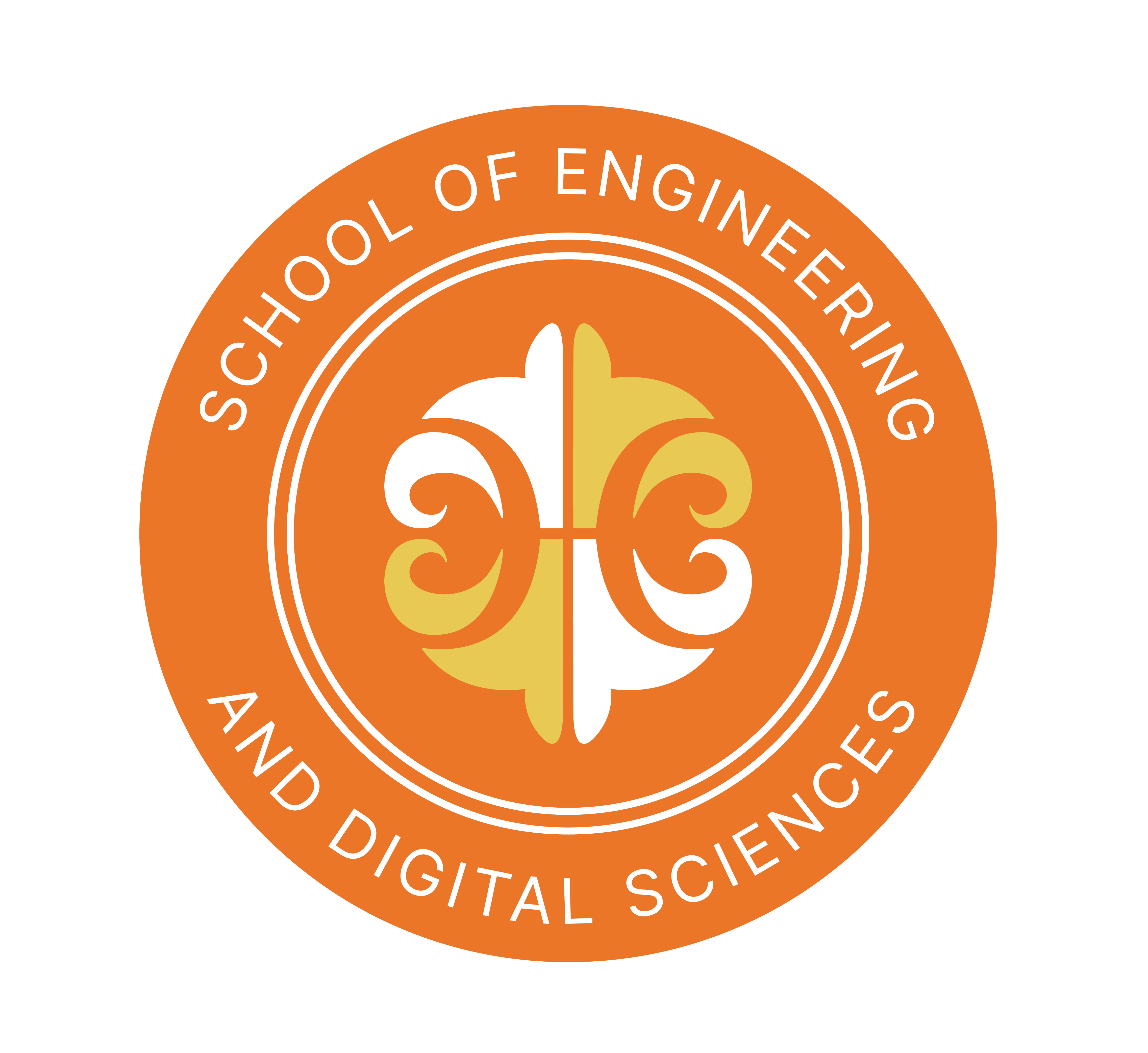
Engineers and scientists create and innovate for a better future, with strong social responsibility. As an engineer you can always see what you did as a tangible impact in the society and the planet
Find what our alumni have to say about their NU SEDS experience!
Our students are creative, curious, successful, gifted and single-minded — Probably just as YOU are!
We work hard to ensure that our students succeed. We always take into account the feedback of our students, to make sure we are delivering the highest possible quality educational experience.
Testimonials
Read moreFor me, NU School of Engineering was a place where I could make an impact and turn my ideas into tangible solutions. Some of the most precious memories for me are the team assignments. We had a chance to code a robot to exit a maze, develop a project plan for an off-shore oil platform or build an exoskeleton to help people of determination. With a great support of our professors, I was also able to participate in the summer research program in Saudi Arabia, which gave me a better understanding of my field and shaped my future career path.

I graduated from NU in 2016 with BEng in Mechanical Engineering.
Right after that I moved to Russia to join Continental AG, major tire manufacturer. I had worked in Kaluga, a city in Russia where Continental has a plant, for 9 months and after that I moved to headquarters of Continental in Hannover, Germany. I worked there for another 9 months. While working at Conti I realized that I would prefer to do research and decided to pursue PhD.
NU equipped with knowledge, skills and friends. I learned how to learn here and this is the most important skill. The friends I made at NU are the best friends I could hope for.
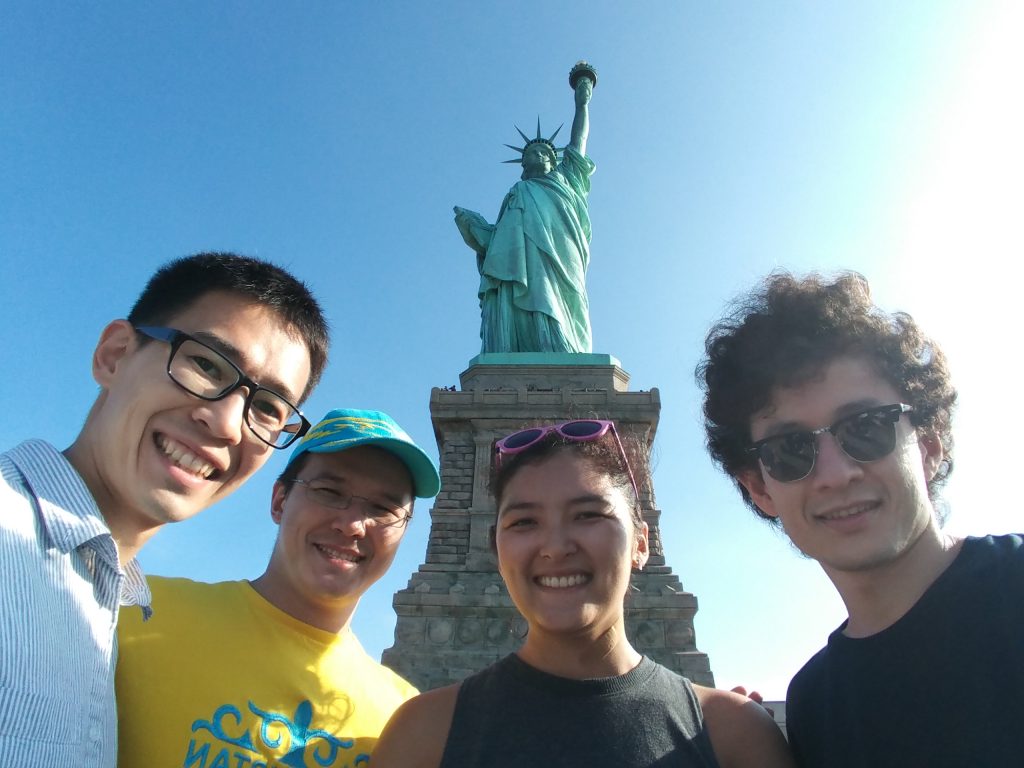
The School of Engineering at NU gave me fundamental knowledge in core disciplines. As a part of my current studies in PhD program I had to take advanced core classes and my performance was quite high. This implies that I had sufficient background from NU, indeed it helped me a lot, I never had to worry about my grad classes.

-
NU SEDS professors meet the CNPC delegation
-
The School of Engineering and Digital Sciences extended the deadline for submitting online applications for all Master and PhD programs for the citizens of the Republic of Kazakhstan
-
NU SEDS students made one day field trip to the 100 MW Wind Farm nearby Astana city
-
NU SEDS research activities are highly complimented by renowned Kazakh scientist Askar Dzhumadildayev
-
Meet The Women Thriving In Male-Dominated Industries
-
NU SEDS students qualified for the Dean’s List
-
NU SEDS students take a two days field trip to the Air Astana hangar
-
NU SEDS Alumni | Aidana Massalimova
-
The students of Master of Engineering Management program introduced their working progress on their Capstone theses
-
NU SEDS participated in The Digital Almaty International forum
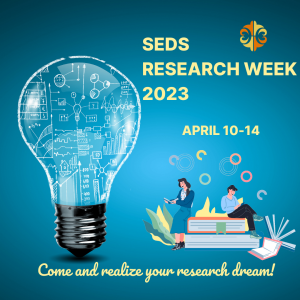
Mark your calendar!
The School of Engineering and Digital Sciences will hold SEDS Research Week from 10 to 14 April for the first time. Over five days, you will:
Discover SEDS’ current research activities at SEDS Research Projects Exhibition;
Learn about graduate academic programs and the research opportunities available at SEDS;
Find out how you can join SEDS as a research assistant at RA’s Job Fair;
Visit the University’s research centers, such as NU ISSAI (Institute of Smart Systems and Artificial Intelligence) and NURIS Fab Lab (Fabrication Laboratory), and get a glimpse of their unique projects.
But that’s not all!
You will also be shown and even taught how to operate a 3D printer, laser machine, and plotter and learn about textile silkscreening.
You will get a unique chance to visit NU’s research laboratories, where our scientists conduct experiments and make breakthroughs.
The week ends with a TED-style intellectual evening Top NU SEDS professors will share their unique ideas on becoming successful in academic world.
Remember, during the week, you will have a chance to win memorable gifts from NU SEDS.
Click here for more details (SEDS Research Week Schedule)
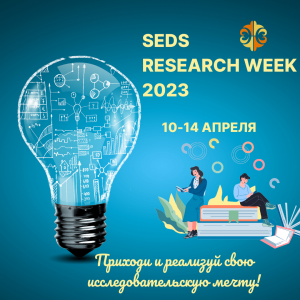
Рекомендуем не пропустить! Особенно тем, кто хочет заниматься наукой в стенах NU. Впервые Школа инженерии и цифровых наук NU с 10 по 14 апреля проводит SEDS Research Week. В течении 5 дней вы узнаете о научных проектах SEDS, о том, как можно стать научным ассистентом, а также о академических программах и научных возможностях в SEDS.
Помимо этого, вы посетите научные центры Университета, такие как NU ISSAI (Институт умных систем и искусственного интеллекта) и NURIS Fab Lab (Лаборатория цифрового протипирования) и познакомитесь с их уникальными проектами.
Также, вам покажут и даже научат работе на 3D принтере, лазерном станке, на плоттере и расскажут о шелкографии на тканях. Но это еще не все!
У вас есть уникальный шанс посетить научные лаборатории NU, где ученые ставят свои опыты и делают научные открытия.
В завершении недели вас ожидает интеллектуальный вечер в стиле TED. Лучшие профессора NU SEDS поделятся своими идеями о том, как стать успешным в науке.
Помните, в течение недели у вас будет возможность участвовать в розыгрыше памятных подарков от NU SEDS.
Нажмите сюда!

Nazarbayev University School of Engineering and Digital Sciences (SEDS) invites you to attend the research seminar “Analysis of cognitive properties of interactive systems using model checking” by Associate Professor Antonio Cerone, Department of Computer Science, NU SEDS.
Date: 10 May 2023, Wednesday
Time: 2 pm
Location: Block 3, Room 3E 221
Antonio Cerone is an Associate Professor of Computer Science at Nazarbayev University, Kazakhstan. Previously he has been working at the IMT School for Advanced Studies Lucca, the United Nations University, the University of Queensland, the University of South Australia, the Goethe University Frankfurt and the University of Pisa. His main research focus is on formal methods and their application to several domains, including human-computer interaction, safety, security, systems biology and ecology. He is also interested in cognitive science, open source development, process mining and collaborative learning. Antonio is the founder and Chair of the Steering Committee of the “International Conference on Software Engineering and Formal Methods” (SEFM), which is not at its 21st edition, and the co-founder and a Steering Committee member of the “International Symposium DataMod: From Data to Models and Back”.
ABSTRACT: Interactive systems may appear to work correctly and safely when analyzed in isolation from the human environment in which they are supposed to work. In fact, the same cognitive skills that enable humans to perform complex tasks may also become the source of critical errors in the interaction with systems and devices designed as supports for such tasks. It is thus essential to verify the desired properties of an interactive system using a model that not only includes a user-centered description of the task, but also incorporates a representation of human cognitive processes within the task execution.
This seminar introduces the Behaviour and Reasoning Description Language (BRDL), a notation for rigorously describing human tasks in terms of the cognitive processes associated with human cognition: perception, attention, and information storage, processing and retrieval. The semantics of BRDL is based on a basic model of human memory and memory processes and is adaptable to the different cognitive theories that have been developed in psychology. This allows us, on the one hand, to keep the syntax of the language to a minimum, thus making it easy to learn and understand without requiring expertise in mathematics or formal methods and, on the other hand, to use semantic variations to compare alternative theories of memory and cognition. Such semantics variations have been implemented using Maude, a modelling language and tool that supports both simulation and formal analysis of properties using model checking. Within the Maude implementation the BRDL model can be combined with the formal model of a computer system, thus modelling human-computer interaction. Therefore, BRDL can be successfully used at two levels: (1) as an informal modelling and reasoning tool for domain experts from the areas of psychology and usability evaluation, and (2) as a formal tool for performing in silico experiments on human cognition, behaviour and learning and for carrying out the simulation and formal verification of interactive systems.
Follow this link and register now : NU SEDS Research Seminars | Registration form – Google Forms

